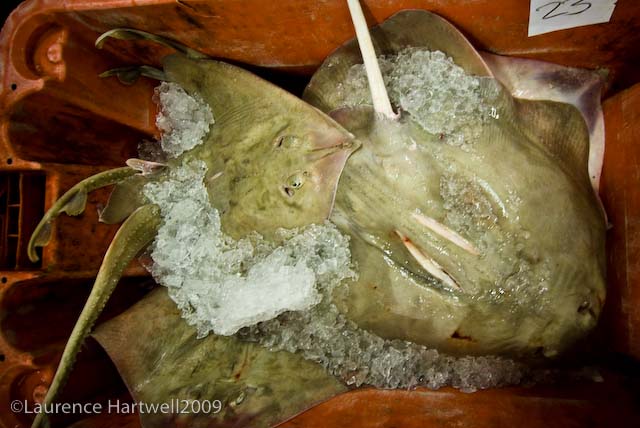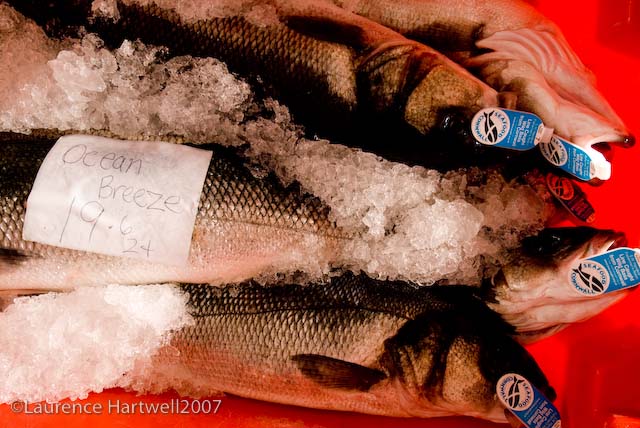(19/01/2015) The European Commission has announced a package of measures aimed at averting the collapse of the declining sea bass stock. In the first instance emergency measures will be implemented to ban pelagic trawling of sea bass during spawning season which runs until the end of April.
These measures protect the stock from being targeted when at its most vulnerable; pelagic trawlers in the spawning season make up 25% of the impact on the stock. It is anticipated that the decision will be adopted and come into force before the end of the month.
Recognising that all those who fish sea bass should make a balanced and fair contribution to saving this stock, it is proposed that the pelagic trawling ban will be complemented by a number of other measures which the Commission and the countries involved – UK, France, Belgium and the Netherlands - are putting together jointly. This will include measures to manage recreational fishing and limit catches of all other commercial fisheries. The Commission will work with the countries involved to finalise these measures and table a proposal to the Council in the coming weeks.
The Commission will publish full details of the measures once they are adopted.
The Commission will publish full details of the measures once they are adopted.
















